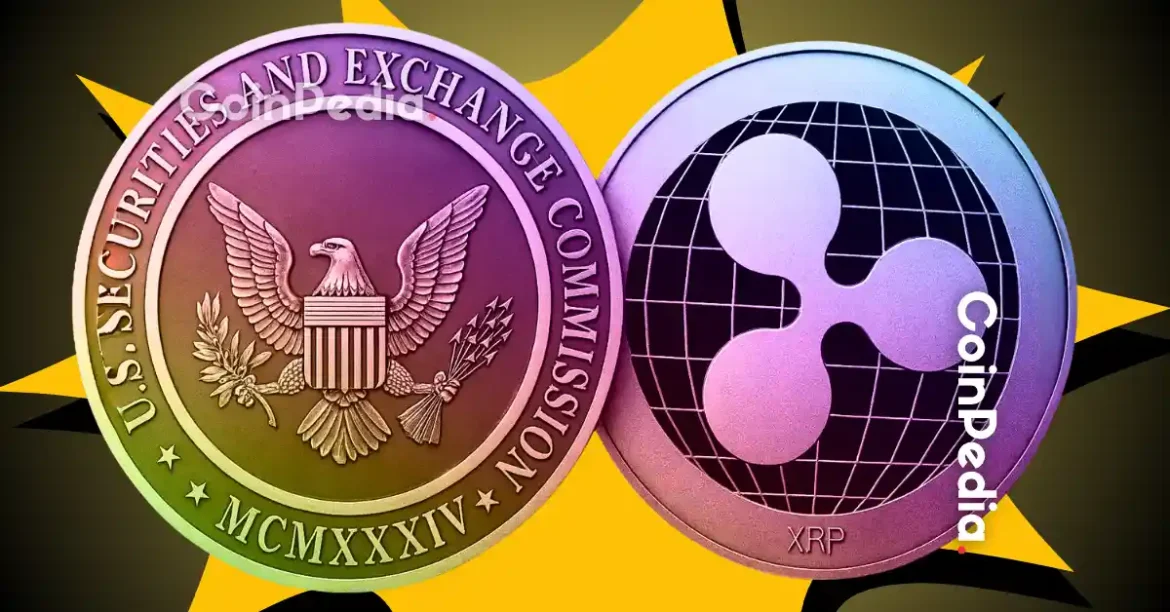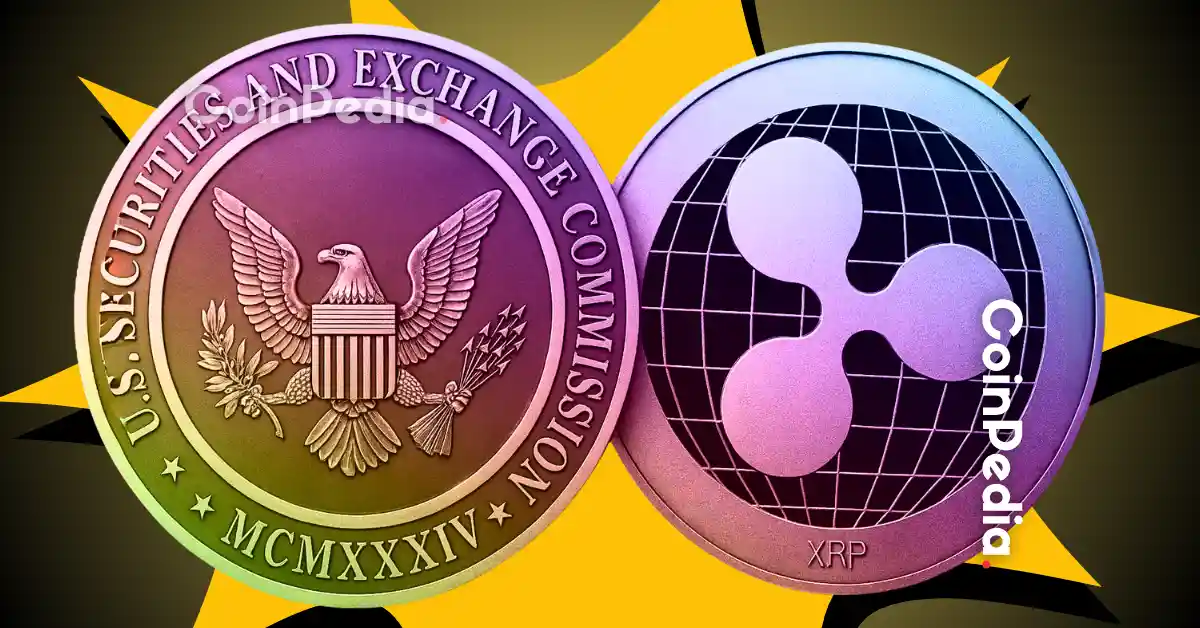The Ripple vs. SEC Legal Battle: A Pivotal Moment for Cryptocurrency Regulation
Introduction: A Legal Battle That Reshaped the Crypto Landscape
The legal confrontation between Ripple Labs and the U.S. Securities and Exchange Commission (SEC) has been a defining moment in the cryptocurrency industry. This high-stakes battle, which began in December 2020, has not only tested the boundaries of securities law but also highlighted the tension between innovation and regulation in the digital asset space. As the case nears its conclusion, the implications for Ripple, XRP, and the broader crypto market remain profound.
The Genesis of the Conflict: SEC’s Allegations and Ripple’s Defense
The SEC’s lawsuit against Ripple was a watershed moment for the crypto industry. The agency alleged that Ripple’s sale of XRP constituted an unregistered securities offering, seeking to hold the company and its executives accountable for what it deemed a violation of federal securities laws. The lawsuit sent shockwaves through the market, with XRP’s price plummeting and exchanges delisting the token amid regulatory uncertainty.
Ripple, however, mounted a robust defense, arguing that XRP is not a security but a digital asset designed for cross-border payments. This distinction was crucial, as it challenged the SEC’s broad interpretation of securities laws and their application to digital assets. Ripple’s defense hinged on the idea that XRP functions more like a currency or utility token rather than an investment contract, which would subject it to securities regulations.
Key Legal Developments: A Rollercoaster of Rulings and Reactions
The legal proceedings were marked by a series of pivotal rulings and developments that kept the crypto community on edge. One of the most significant moments came in July 2023, when Judge Analisa Torres ruled that XRP, when sold to retail investors on exchanges, was not a security. This partial victory was a major win for Ripple, as it provided some legal clarity and boosted XRP’s price.
However, the case was far from over. The SEC and Ripple continued to engage in legal maneuvers, with Ripple eventually deciding to withdraw its cross-appeal against the SEC. This move was widely interpreted as a sign that the case was nearing resolution, but the SEC’s failure to officially close the case left many questions unanswered.
The Illusion of Resolution: Why the Case Lingers
Despite reports suggesting that the case was “over,” the reality was more complex. The SEC’s internal procedures, which include memo drafting, division reviews, and vote scheduling, contributed to the delay in officially closing the case. This bureaucratic process, while necessary for due diligence, frustrated the XRP community and fueled speculation about the case’s ultimate outcome.
Adding to the confusion were rumors that Ripple might pay the settlement fine in XRP tokens. However, former SEC lawyer Marc Fagel clarified that Ripple had already paid the $125 million fine in cash. This clarification addressed one point of confusion but did little to resolve the broader uncertainty surrounding the case.
The Broader Implications: Regulatory Clarity and Market Impact
The Ripple vs. SEC case has far-reaching implications for the crypto industry. The outcome could influence how other digital assets are classified and regulated, shaping the future of crypto innovation and adoption. A clear and consistent regulatory framework is essential for fostering growth and attracting investment in the crypto space.
For XRP, the case has created uncertainty about its regulatory status. While Judge Torres’s ruling provided some clarity, it did not definitively classify XRP as a currency or a security. This ambiguity could hinder institutional adoption and limit XRP’s potential, as investors and exchanges remain cautious about the token’s legal standing.
Potential Scenarios: What Lies Ahead?
As the case nears its conclusion, several scenarios could play out. The most optimistic outcome would be a formal dismissal of the case by the SEC, which would remove the legal overhang and pave the way for spot XRP ETFs, institutional partnerships, and wider adoption of XRP.
Alternatively, the SEC could choose to pursue its claims against Ripple executives or appeal Judge Torres’s ruling. This would prolong the legal battle and maintain uncertainty surrounding XRP. Another possibility is that Ripple and the SEC could reach a final settlement agreement that resolves all outstanding issues, providing clarity and certainty for both parties and the XRP community.
Conclusion: A Defining Moment for Crypto Regulation
The Ripple vs. SEC legal battle has been a defining moment for the cryptocurrency industry. It has highlighted the need for clear and consistent regulations that foster innovation while protecting investors. As the case nears its conclusion, the crypto community eagerly awaits a final resolution that will provide clarity, certainty, and a path forward for XRP and the broader digital asset ecosystem. The outcome of this case will not only shape the future of Ripple and XRP but also set a precedent for how digital assets are regulated in the years to come.





